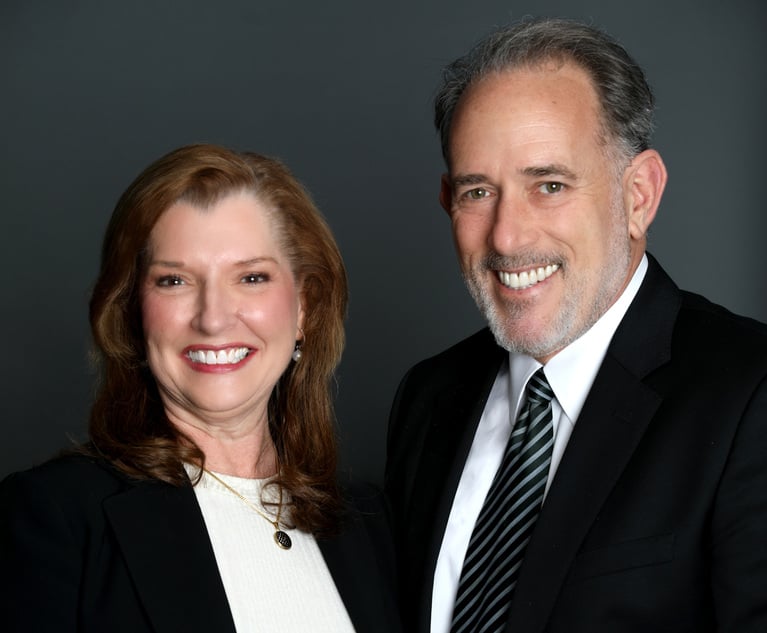The federal Telephone Consumer Protection Act (TCPA) used to be all the rage for class actions alleging autodialed calls and text messages. However, after the U.S. Supreme Court’s unanimous April 2021 decision in Facebook v. Duguid, which adopted a narrow, industry-favorable definition of what constitutes an autodialer under the TCPA, the focus has shifted to Florida. With its low pleading hurdles and draconian, uncapped statutory damages of $500 per violation (potentially trebled to $1,500), the Florida Telephone Solicitation Act (FTSA) has quickly become the new favorite statute for the plaintiffs bar since it was amended in July 2021 to allow for a private right of action. Since then, hundreds of putative class action complaints have been filed in Florida state and federal courts alleging that companies placed or sent autodialed telemarketing calls or marketing text messages without the recipients’ “prior express written consent.”
And it’s unlikely that the tide of court complaints will soon ebb either. Indeed, although the FTSA has been on the books since 1990, there is virtually no case law or guidance on what constitutes “an automated system for the selection or dialing of telephone numbers” (i.e., an autodialer) under the statute. So, what’s an FTSA defendant to do in the early stages of a class action when the complaint’s allegations must be taken as true by the court? Well, if the plaintiff uses one of the several form complaints that keep popping up in FTSA cases, which alleges calls or text messages placed or sent by a foreign company “into Florida,” a savvy defendant should argue that the FTSA does not apply to such interstate marketing telecommunications. This article provides a roadmap for that argument.


 Daniel Blynn of Venable. Courtesy photo
Daniel Blynn of Venable. Courtesy photo




